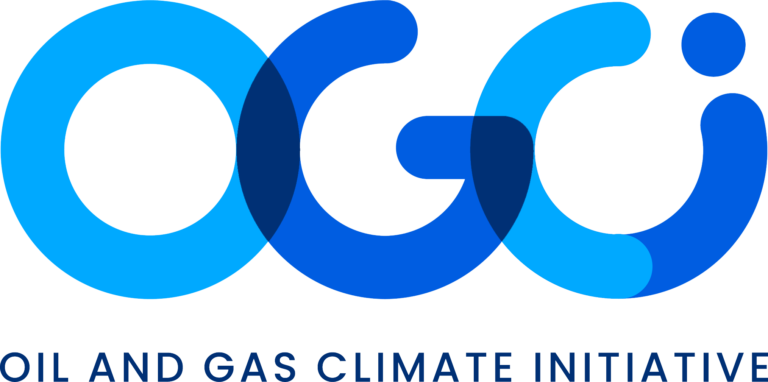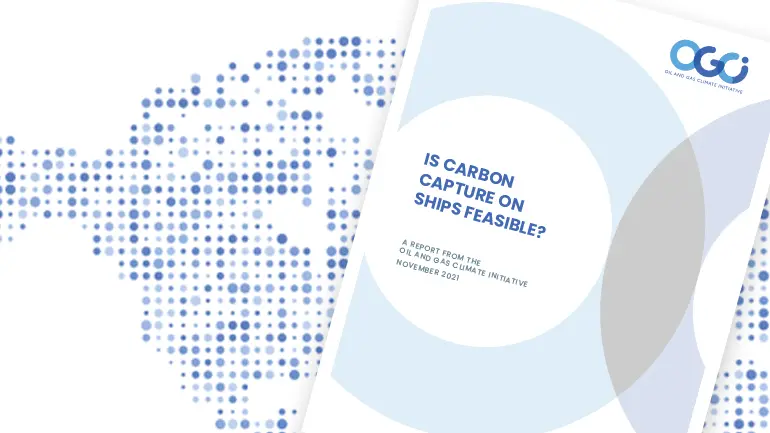The study, launched in October 2020, investigated the potential of capturing carbon from the exhaust gases of the large internal combustion engines that large ships predominantly use for propulsion. Using a SuezMax ship, considered the most challenging use case, a range of factors including energy balances, fundamental physics and integration challenges were assessed.
Although technically feasible, the study found that high operational and capital expenses would be involved in any deployment. The study recommends further work should be done to compare costs of carbon capture against other long-term marine carbon dioxide reduction technologies.
The study’s findings demonstrate that marine carbon capture can play a role in meeting the International Marine Organisations (IMO) 2050 target of reducing emissions from the industry by 50% compared to 2008 baselines. The decarbonization of shipping is a critical part of achieving global pathways to net zero. Transportation contributes 24% of global energy-related greenhouse gas emissions and around 10% of that total comes from international deep-sea shipping.
The results have encouraged the team to pursue a demonstration to validate their assumptions and uncover further opportunities.





